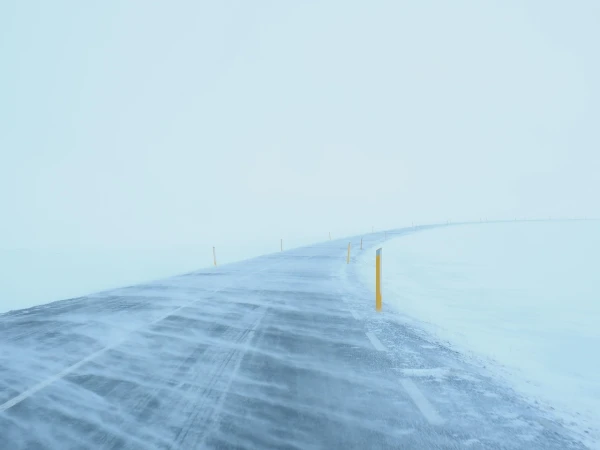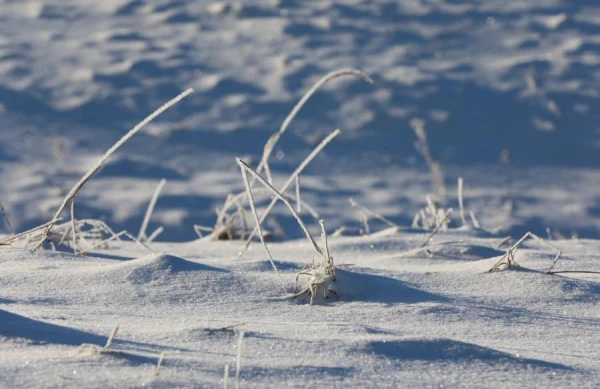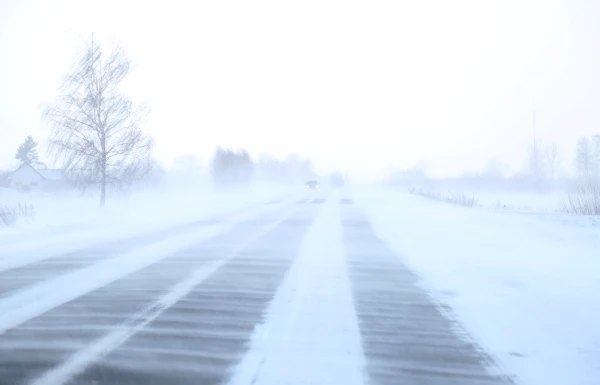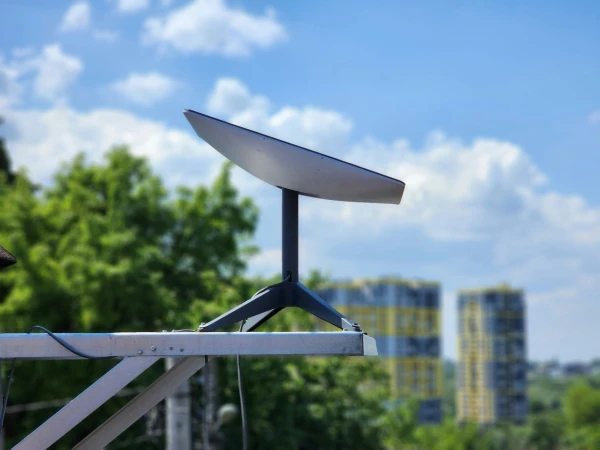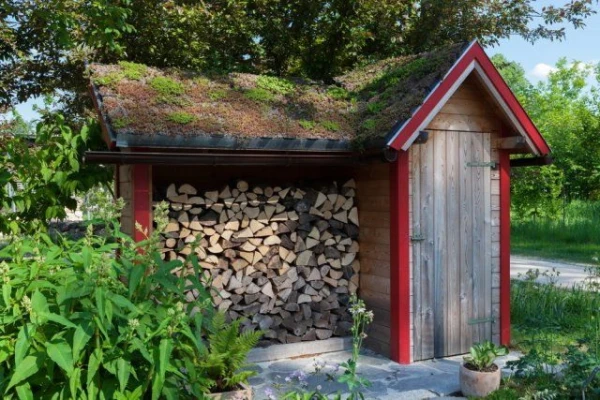
Some time ago, I bought half of a house and the adjacent land with an outbuilding (shed) from the owner. The owner retained the other half of the house and a separate plot. It so happened that the entrance to my shed is located on the neighbor's plot, and we agreed that I could pass through his territory without hindrance. This was the case while the neighbor was alive.
However, now his heirs demand that I do not walk on their property. But otherwise, I cannot access my shed! Can I demand (if necessary, through the court) that they grant me some easement and not prevent me from approaching my shed? Reader bb.lv.
Denis Gorba, lawyer of the Latvian Human Rights Committee:
— The question describes a classic situation of "right of way easement" (ceļa servitūts), which is regulated by the Civil Law of Latvia. So: According to Article 130 of the Civil Law, an easement is a burden on someone else's real estate (valdījums) that gives certain rights to the owner of another piece of real estate. In this case, it concerns the right of passage to the outbuilding (ceļa servitūts). There are two ways to establish such an easement.
The first is to negotiate with the current owners of the neighboring plot and confirm this agreement notarially and with registration in the Land Register. However, judging by the description of the situation, the new owners (heirs) refuse to reach a voluntary agreement. Then the second way remains — to obtain through the court the possibility to access their real estate if it cannot be used without passing through someone else's plot. Article 1234 of the Civil Law states: if the property lacks convenient access to a public road or access to its parts (in this case, to the shed) is impossible, the owner may demand the establishment of an easement for compensation.
In turn, according to Article 1236 of the Civil Law, the easement must be established in such a way as to cause as little damage and inconvenience to the neighbor as possible. Finally, Article 1240 of the Civil Law indicates that the owner of the plot burdened by such a right has the right to fair compensation (taisnīgu atlīdzību). The fact that the late neighbor verbally allowed access through his plot does not create an easement in itself. All verbal agreements cease with the death of the owner. An officially recognized easement must be recorded either in a contract or established by the court and entered into the Land Register.
The chances of the question author successfully establishing such an easement in court are quite high, of course, if there is indeed no actual access to the shed. Thus, the court will most likely appoint the easement, and the plaintiff will have to compensate for damages or pay compensation to the heirs since their plot will be encumbered.
To avoid wasting extra time and resources on litigation, I would recommend the question author to try once more to negotiate with the neighbors, now relying on the aforementioned articles of the Civil Law. They could also offer the heirs a small compensation for the easement (a one-time amount or a periodic symbolic fee).
However, in case of refusal this time as well, one can confidently go to court with a claim for the establishment of an easement (prasībа tiesā par servitūta nodibināšanu). The claim should state that access to the shed is absent and that it is impossible to use the property in any other way. In such cases, the court appoints an expert who will determine the optimal place for passage.
After the court's decision, the easement will be entered into the Land Register. Thus, in this case, it is possible and necessary to demand the establishment of an easement, but one cannot simply continue to walk "out of habit," ignoring the objections of the heirs. Such behavior will be considered self-will.


